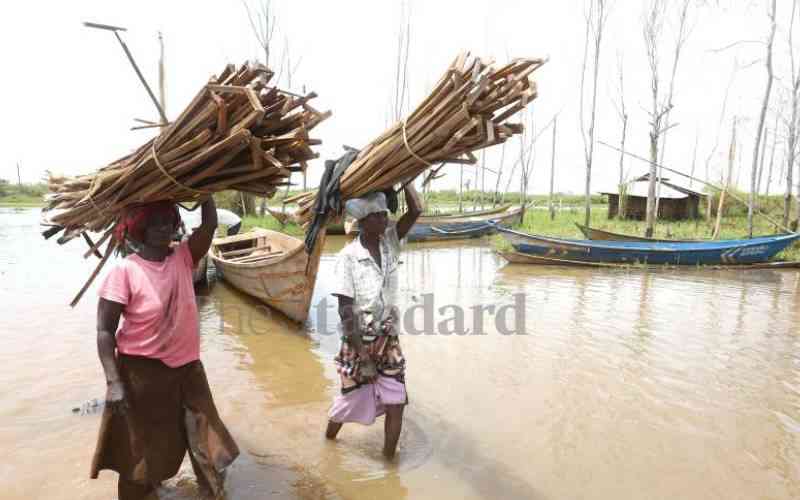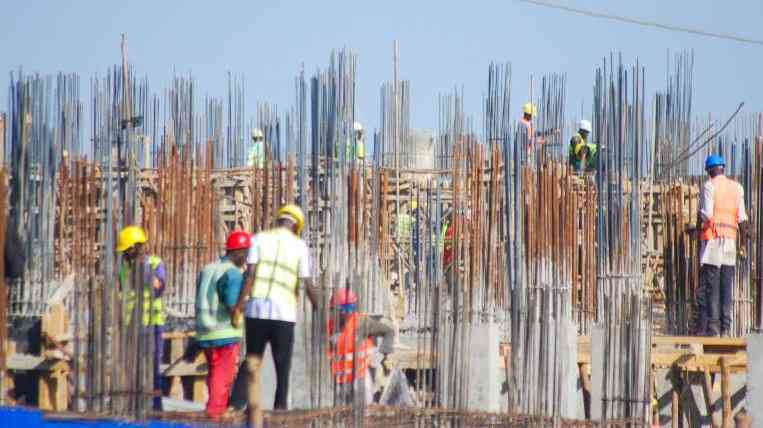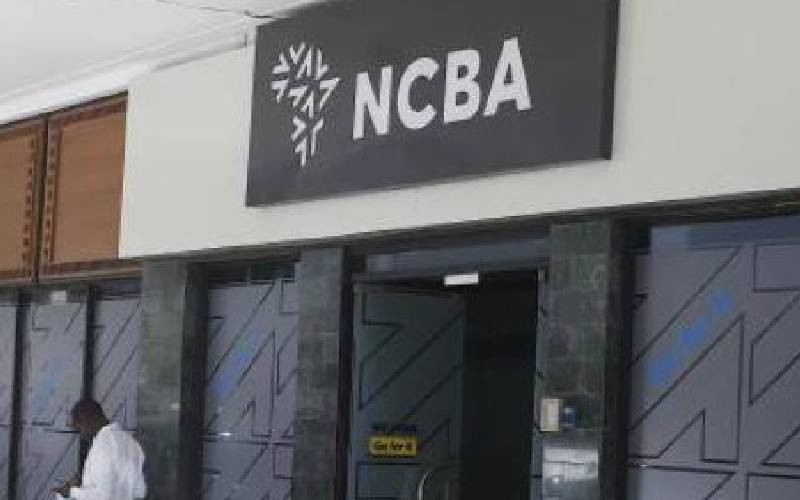×
The Standard e-Paper
Fearless, Trusted News

For years now, Kenya's failure to implement a concrete disaster preparedness policy has led to an erratic response to catastrophic events.
Disasters such as droughts, floods, epidemics and terrorism leave the country shooting in the dark on the back of a slow and uncoordinated response that further burdens taxpayers.







